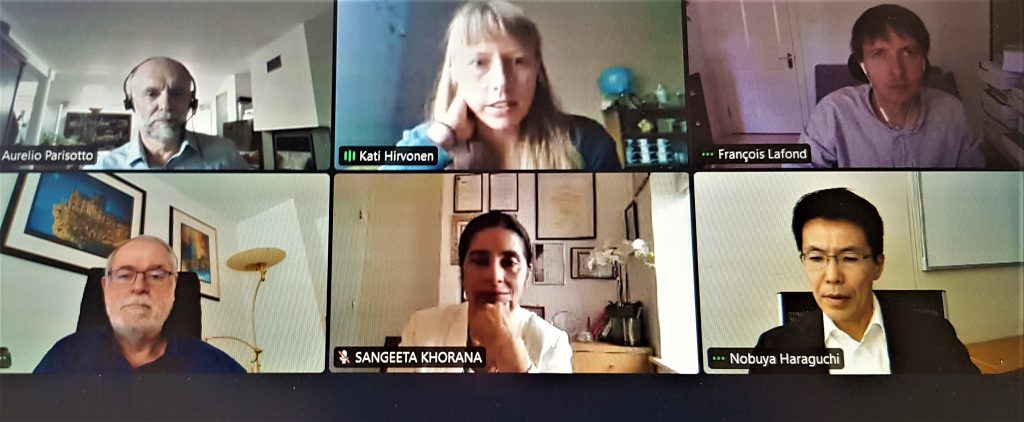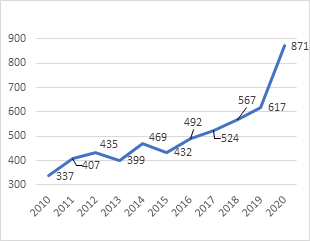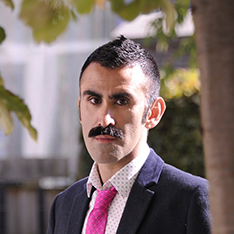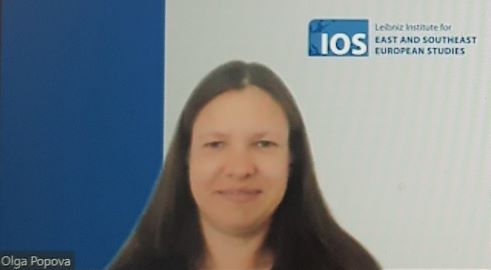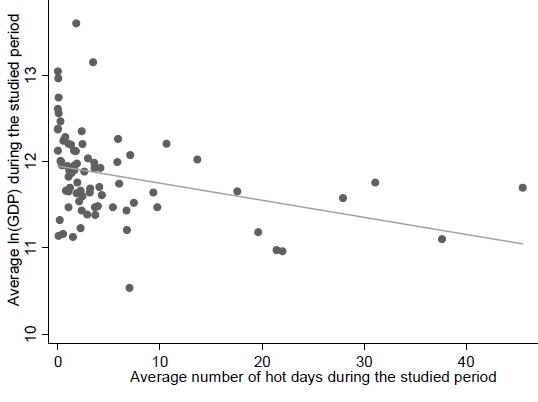A new GLO Discussion Paper finds that discretionary fiscal policy measures in Austria are key to counteracting the inequality- and poverty-enhancing effect of COVID-19.
GLO Discussion Paper No. 917, 2021
COVID-19 and (gender) inequality in income: the impact of discretionary policy measures in Austria – Download PDF
by Christl, Michael & De Poli, Silvia & Kucsera, Dénes & Lorenz, Hanno
GLO Fellow Michael Christl

Author Abstract: This paper analyzes the impact of the COVID-19 crisis on household income in Austria, using detailed administrative labor market data, in combination with micro-simulation techniques, that enable specific labor market transitions to be modeled. We find that discretionary fiscal policy measures in Austria are key to counteracting the inequality- and poverty-enhancing effect of COVID-19. Additionally, we find that females tend to experience a greater loss in terms of market income. The Austrian tax-benefit system, however, reduces this gender differences. Disposable income has dropped by around 1% for both males and females. By comparison, males profit mainly from short-time work scheme, while females profit especially from other discretionary policy measures, such as the one-off payment for children.
More from the GLO COVID-19 Cluster.

GLO Discussion Papers are research and policy papers of the GLO Network which are widely circulated to encourage discussion. Provided in cooperation with EconStor, a service of the ZBW – Leibniz Information Centre for Economics, GLO Discussion Papers are among others listed in RePEc (see IDEAS, EconPapers). Complete list of all GLO DPs – downloadable for free.
The Global Labor Organization (GLO) is an independent, non-partisan and non-governmental organization that functions as an international network and virtual platform to stimulate global research, debate and collaboration.
Ends;

